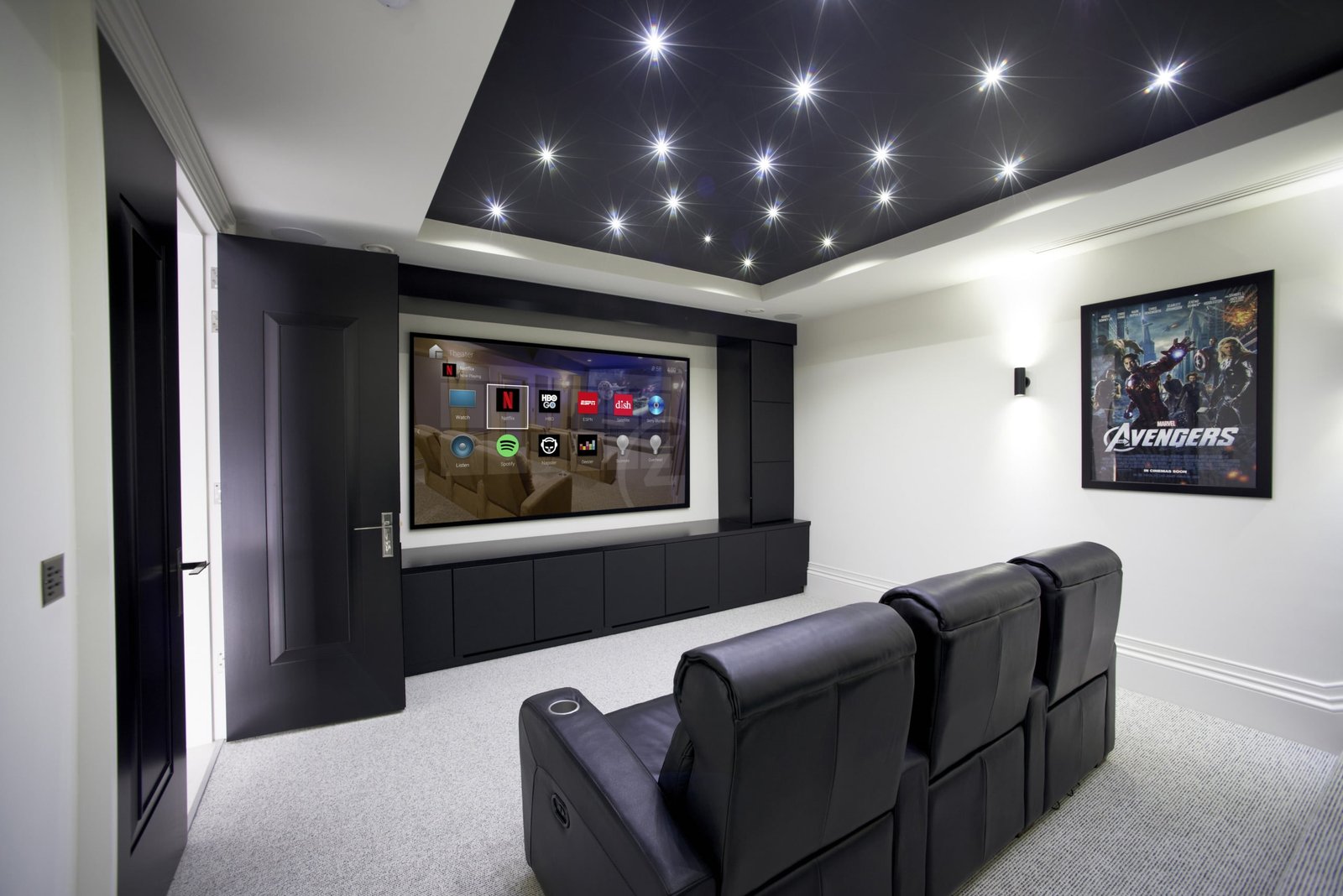When it comes to enhancing your home entertainment system, choosing between an AV receiver and a soundbar can significantly impact your audio experience. Both options cater to different needs, preferences, and budgets, making it essential to understand their strengths and limitations before investing. Here’s a comprehensive guide to help you decide which setup is best for your home entertainment in 2025.
What Are AV Receivers and Soundbars?
An AV (Audio/Video) receiver serves as the central hub of a surround sound system, connecting multiple speakers and devices to deliver immersive audio experiences. It often supports advanced formats like Dolby Atmos and DTS:X, along with features such as 8K video passthrough and music streaming capabilities.
On the other hand, a soundbar is a compact all-in-one speaker system designed to improve TV audio without requiring extensive wiring or additional components. Modern soundbars come equipped with HDMI ARC/eARC for simplified connectivity and support for 3D audio formats.
Key Differences Between AV Receivers and Soundbars
1. Sound Quality
- AV Receivers : These setups excel in delivering superior surround sound by strategically positioning speakers around the room. If you’re looking for cinematic immersion with multidirectional audio, AV receivers are unmatched.
- Soundbars : While not as expansive as AV receivers, high-end soundbars now include built-in subwoofers and upward-firing drivers for virtual surround sound and 3D audio effects. They provide excellent value for smaller spaces or those seeking convenience over complexity.
2. Installation and Setup
- AV Receivers : Installing an AV receiver requires careful planning, including speaker placement, running wires, and calibrating settings for optimal performance. This makes them ideal for dedicated home theatres but less practical for casual users.
- Soundbars : Soundbars are plug-and-play solutions that minimize clutter and hassle. Most models connect directly to your TV via HDMI ARC/eARC, offering simplicity and ease of use.
3. Expandability and Customization
- AV Receivers : One of the standout advantages of AV receivers is their expandability. You can add more speakers, upgrade components, and integrate smart home devices for a fully customized setup.
- Soundbars : Although some premium soundbars allow external subwoofers or rear speakers for enhanced surround sound, they generally lack the flexibility and scalability of AV receivers.
4. Price Range
- AV Receivers : High-quality AV receivers paired with a full speaker system tend to be pricier upfront. However, they offer better long-term value due to their durability and upgradability.
- Soundbars : Soundbars range from budget-friendly options to premium models costing several thousand dollars. For most people, they represent a cost-effective way to elevate TV audio without breaking the bank.
How to Choose the Right Option for Your Needs
Consider Your Room Size and Layout
- Larger rooms benefit from the expansive soundstage provided by AV receivers and multi-speaker systems. Properly placed speakers create a theater-like experience that fills the space.
- Smaller rooms or open-concept living areas may find soundbars sufficient, thanks to their ability to project clear, directional audio without overwhelming the environment.
Evaluate Your Entertainment Preferences
- If you’re a movie buff or gamer who craves lifelike surround sound and atmospheric effects, an AV receiver paired with compatible speakers will meet your expectations.
- Casual viewers or those primarily watching TV shows might prefer the simplicity and convenience of a soundbar.
Assess Your Budget and Long-Term Goals
- For long-term investments, AV receivers provide greater longevity and adaptability as technology evolves. Investing in a robust AV system ensures compatibility with future advancements like higher resolutions and new audio codecs.
- Soundbars are perfect for immediate upgrades, especially if you don’t want to commit to a complex installation process or spend excessively upfront.
Top Features to Look for in 2025
AV Receivers
- Dolby Atmos and DTS:X Support : Immersive 3D audio formats enhance movies and games.
- HDMI 2.1 Ports : Essential for handling 8K video and high refresh rates required by next-gen consoles.
- Music Streaming Integration : Built-in Wi-Fi and Bluetooth enable seamless access to Spotify, Tidal, and other platforms 2.
Soundbars
- HDMI ARC/eARC Compatibility : Simplifies connections and ensures support for advanced audio formats.
- Built-In Subwoofer and Upward-Firing Drivers : Enhance bass response and simulate overhead sounds for virtual surround effects.
- Voice Assistant Integration : Smart features like Alexa, Google Assistant, or Siri control add convenience.
Finding Your Perfect Match
Choosing between an AV receiver and a soundbar ultimately depends on your priorities. An AV receiver is the go-to choice for enthusiasts seeking unparalleled audio fidelity, customizable setups, and future-proofing. A soundbar, meanwhile, offers simplicity, affordability, and enough power to transform ordinary TV audio into something extraordinary.
Whether you opt for the cinematic grandeur of an AV receiver or the sleek versatility of a soundbar, 2025 presents exciting opportunities to elevate your home entertainment experience. Evaluate your needs, consider the latest technological advancements, and make an informed decision that suits your lifestyle and preferences.
For further guidance, explore trusted reviews and recommendations from sources like CNET , WIRED , and Denon .



